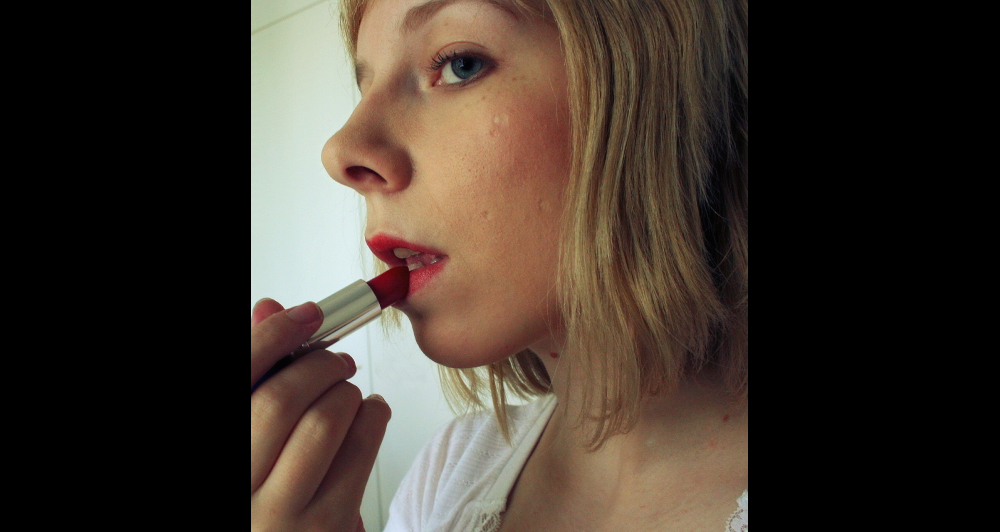
Consumers Being Misled by Labeling on ‘Organic’ Beauty Products, Report Shows
The makers of many “organic” beauty products have been accused of confusing and meaningless labelling, according to a new survey in which 76% of consumers admitted they felt misled.
April 24, 2017 | Source: The Guardian | by Rebecca Smithers
The makers of many “organic” beauty products have been accused of confusing and meaningless labelling, according to a new survey in which 76% of consumers admitted they felt misled.
According to the Soil Association’s recent market report, sales of organic health and beauty products swelled by more than 20% in 2016, with the market now worth about £61.2m in the UK.
But the industry has put money into marketing products it claims are “green” rather than spending money on formulating environmentally friendly, toxin-free products that are not harmful to the skin, the Soil Association warns.
Unlike organic food, which must adhere to strict EU regulations, there are no legal standards for the use of the terms organic or natural on beauty products. In practice, any brand or beauty product can be labelled as natural or organic even if it contains virtually no organic or natural ingredients.
Faced with this lack of legislation, expert organisations have created a series of robust, independent, voluntary standards to encourage responsible use of the term “organic”. Cosmos and NaTrue are two well-known examples, with the NSF-ANSI standard from the US also appearing on some products on the UK high street.
“This is the tip of the iceberg,” said Soil Association policy director Peter Melchett. “The labels on products we encountered were littered with confusing terms. Our consumer research shows that it is very difficult for consumers to know they are making the right choice when doing their shopping.”
